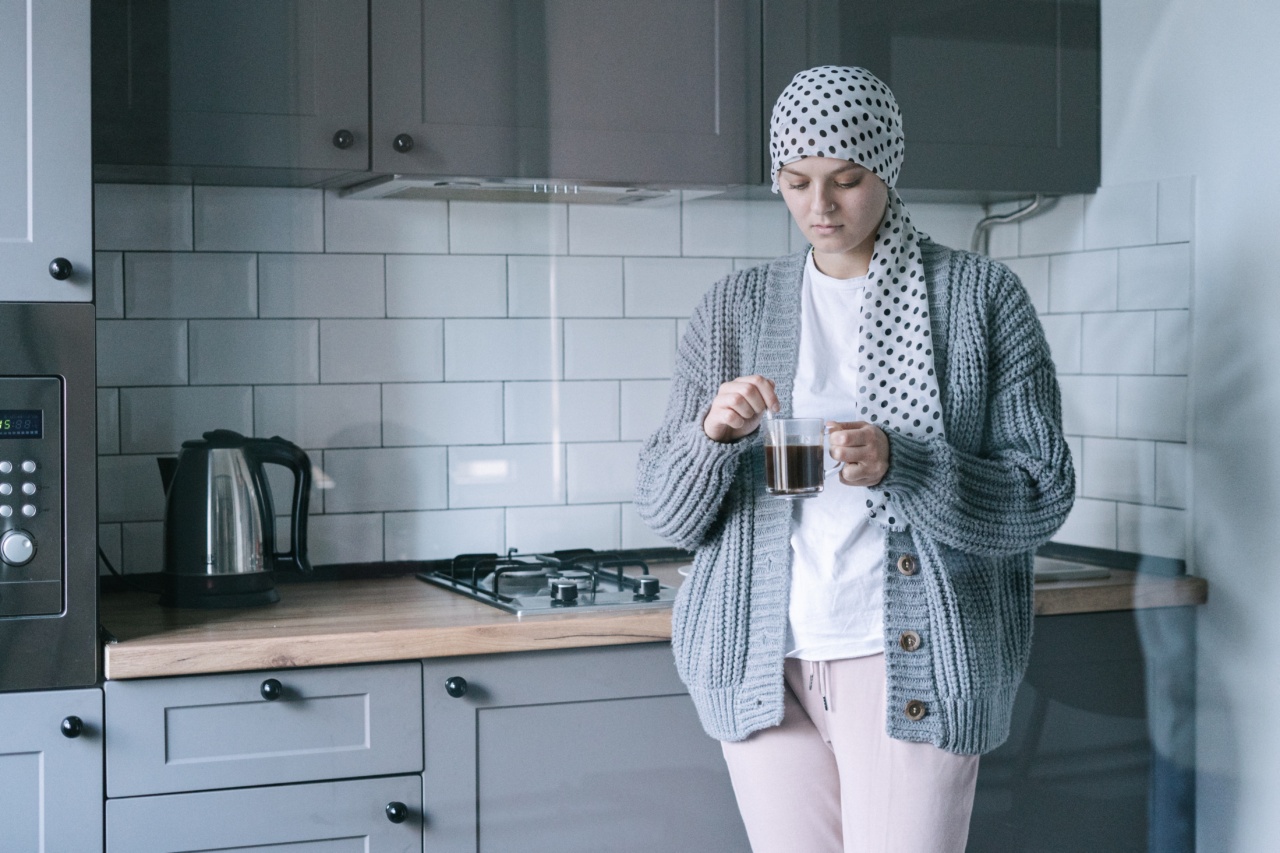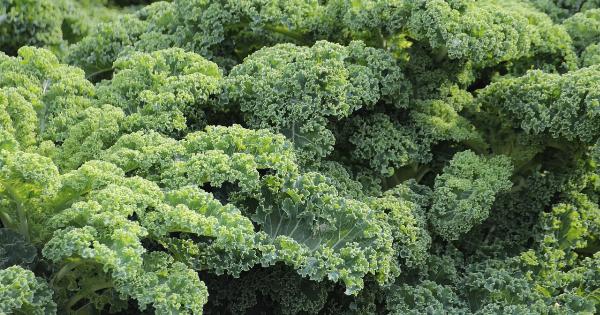Liver cancer is one of the leading causes of cancer-related deaths worldwide. It is a highly aggressive and often fatal disease, with limited treatment options available.
However, there may be a potential way to reduce the risk of liver cancer – coffee consumption. Recent research has suggested that regular consumption of coffee may have a protective effect against liver cancer.
This article explores the link between coffee and liver cancer prevention, examining the potential mechanisms behind this association and providing insights into the recommended coffee consumption for optimal benefits.
The Global Burden of Liver Cancer
Liver cancer is a major public health concern, accounting for approximately 800,000 deaths annually worldwide. It is the sixth most common cancer globally and the fourth leading cause of cancer-related deaths.
The majority of liver cancer cases occur in developing countries, where infection with hepatitis B or C is prevalent. Other risk factors for liver cancer include excessive alcohol consumption, obesity, diabetes, and non-alcoholic fatty liver disease (NAFLD).
The Potential Protective Role of Coffee
Over the past decade, numerous epidemiological studies have suggested an inverse association between coffee consumption and the risk of liver cancer.
While the exact mechanisms behind this association are not yet fully understood, several key factors have been identified.
1. Antioxidant Properties of Coffee
Coffee is a rich source of various bioactive compounds, including antioxidants. Antioxidants help to neutralize harmful free radicals in the body, which can cause cellular damage and contribute to the development of cancer.
The high levels of antioxidants found in coffee, such as chlorogenic acid and melanoidins, may play a role in reducing the risk of liver cancer.
2. Anti-inflammatory Effects
Inflammation is a key driver in the development of liver cancer. Chronic inflammation can lead to the accumulation of scar tissue, known as fibrosis, which can progress to cirrhosis and eventually, liver cancer.
Coffee contains anti-inflammatory compounds, including polyphenols and caffeine, which may help to suppress the inflammatory process and reduce the risk of liver cancer.
3. Modulation of Insulin Levels
Elevated insulin levels and insulin resistance have been linked to an increased risk of liver cancer. Coffee consumption has been associated with a lower risk of developing type 2 diabetes, a condition characterized by insulin resistance.
By improving insulin sensitivity and reducing insulin levels, coffee may indirectly reduce the risk of liver cancer.
4. Protection against Hepatocellular Carcinoma
The most common form of liver cancer is hepatocellular carcinoma (HCC). Several studies have suggested that coffee consumption is associated with a reduced risk of developing HCC.
It is believed that coffee’s protective effect may be mediated through the inhibition of cancer cell proliferation, induction of cancer cell death, and suppression of angiogenesis (the formation of new blood vessels to fuel tumor growth).
Recommended Coffee Consumption
While the association between coffee consumption and liver cancer prevention is promising, it is important to note that excessive coffee consumption may have adverse effects, such as increasing the risk of heart disease or exacerbating anxiety.
Therefore, moderation is key when it comes to reaping the potential benefits of coffee for liver health.
Based on the available evidence, consuming 2-3 cups of coffee per day appears to be associated with the greatest reduction in liver cancer risk.
It is worth mentioning that these findings apply to regular black coffee, without added sugars or high-calorie creamers. Additionally, individual factors such as age, overall health, and medication use should be taken into consideration when determining the appropriate coffee intake.
Conclusion
While further research is needed to fully elucidate the complex relationship between coffee consumption and liver cancer prevention, the available evidence suggests a potential protective role for coffee in reducing the risk of liver cancer.
The bioactive compounds found in coffee, along with their antioxidant, anti-inflammatory, and insulin-modulating properties, may contribute to this observed benefit. However, moderation and individual factors should be considered when incorporating coffee into a liver cancer prevention strategy.































